Jacuzzis vs Hot Tubs: Cost, Maintenance, and Health Benefits Explained
When shopping for a relaxing backyard addition, many people find themselves wondering: Is a Jacuzzi different from a hot tub? This question often comes up as buyers try to figure out the right option for their needs, especially when facing varying price tags and features.
You might also be wondering which one lasts longer, is easier to maintain, or provides better health benefits.
If you’re feeling unsure or overwhelmed by the choice, you’re not alone. Many potential buyers feel confused about whether the Jacuzzi is just a brand name or offers something unique compared to other hot tubs.
Fortunately, we’re here to clear up the confusion and help you decide which option makes the most sense for your budget, space, and relaxation goals.
Jacuzzis vs Hot Tubs: Understanding the Key Differences
Jacuzzis, hot tubs, and spas may seem like they are the same, but there are significant differences between them. You can choose the perfect option for your relaxation needs by comprehending their unique features.
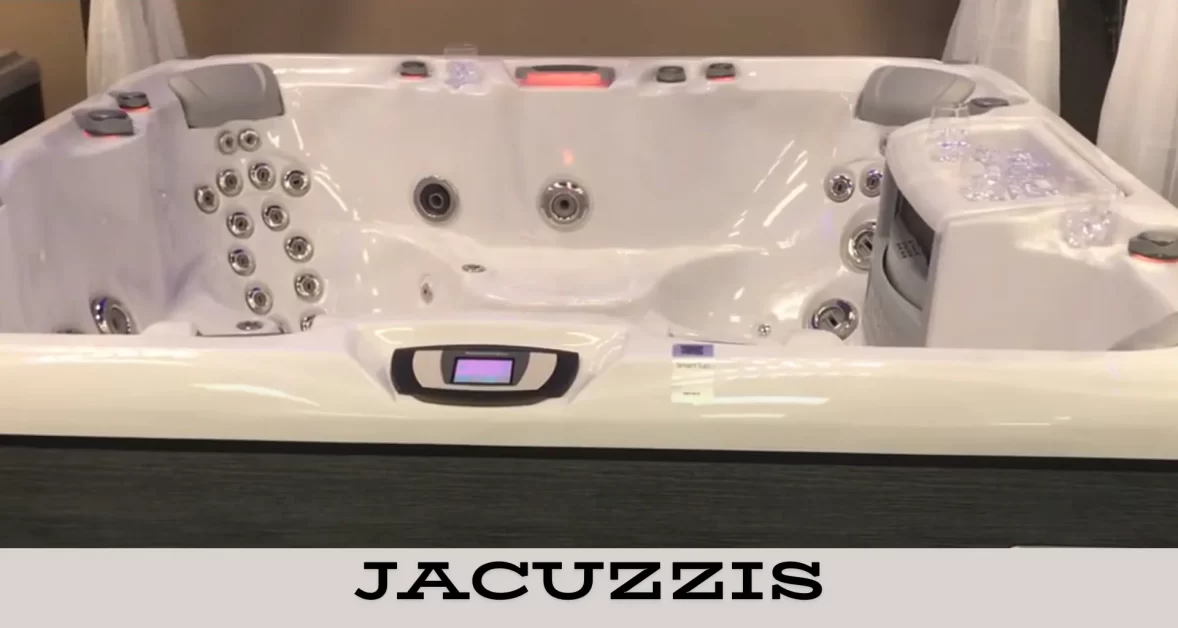
You can confidently choose the option that best suits your relaxed style and budget by understanding the key differences between these options.
Key Points
- Hot tubs refer to any heated tub of water, with or without jets.
- Jacuzzis are a specific brand of hot tub known for their high-end jets and features.
- Spas are used more broadly to describe tubs with strong jets, often associated with hydrotherapy and health treatments.
What Is a Jacuzzi?
Jacuzzi is a trademarked brand name, and not every hot tub is a Jacuzzi. The brand revolutionized hydrotherapy in the 1950s with jetted tubs, and today, they remain a go-to for those seeking luxury relaxation at home or in resorts.
What Is a Hot Tub?
A hot tub is a larger, heated tub, commonly placed outdoors and designed for multiple people. They offer a range of features, from basic tubs to models with advanced jets and bubblers. Generally more affordable than Jacuzzis, hot tubs are perfect for budget-conscious relaxation.
What Is a Spa?
Spas focus on hydrotherapy, often featuring powerful jets for massages and other treatments. They can be standalone features or integrated into in-ground pools. Spas are often the go-to for those seeking a luxury, health-focused water experience.
Jacuzzi vs. Hot Tub vs. Spa: Pricing
Jacuzzi models tend to be on the higher end, ranging from $5,000 to $9,000, while standard hot tubs are available for as low as $3,000. Spas, especially in-ground installations, often come with higher price tags due to customization and luxury features.
Choosing the Right Option
- Hot tubs: Great for general relaxation, often more affordable.
- Jacuzzis: Ideal if you’re seeking top-of-the-line hydrotherapy and jets.
- Spas: Best for those looking for a complete wellness experience with strong massage jets.
The Name Game
- All Jacuzzis are hot tubs, but not all hot tubs are Jacuzzis. Jacuzzi is a brand name that became synonymous with the entire concept of jetted hot tubs. Think of it like Kleenex and facial tissues!
- The term “spa” gets thrown in as well. Spas are often used for hot tubs with powerful jets focused on hydrotherapy, which can include Jacuzzis.
Popularity
- Hot tubs are on the rise. More and more people are installing hot tubs in their homes for relaxation and potential health benefits.
- Jacuzzi’s pioneering role: Jacuzzi was one of the first companies to make portable hot tubs widely accessible, contributing to their growth in popularity.
Health Considerations
- Potential benefits galore: Both hot tubs and Jacuzzis are touted for benefits like stress reduction, muscle soreness relief, and even improved sleep.
- The “Jacuzzi” edge?: Jacuzzis often boast powerful, targeted jets specifically designed for hydrotherapy massage effects.
Fun Facts
- The Jacuzzi brothers weren’t aiming for relaxation: The original Jacuzzi jet system was invented to help a family member with rheumatoid arthritis.
- Hot tubs aren’t a modern invention: Various cultures throughout history have enjoyed the benefits of heated water baths for relaxation and social gatherings.

Some are energy-efficient, meeting standards outlined by the Association of Pool and Spa Professionals (APSP-14). Explore the best hydrotherapy hot tubs here and learn about energy efficiency standards here.
What to consider when buying it
When purchasing a hot tub, consider the following factors:
- Established Brand: Stick to well-known brands with a history of quality and continuous improvement.
- Jet Technology: Look for customizable jets for targeted massages, especially if you desire hydrotherapy.
- Seating Capacity: Determine the number of people using the hot tub simultaneously and choose a size that fits your needs.
- Maintenance: Opt for a self-cleaning system to minimize manual upkeep. Some systems, like a controlled self-cleaning filtration system, enhance water quality.
- Design & Style: Consider both performance and aesthetics. Choose a hot tub that complements your outdoor space.
- Best Materials: Models with durable materials, such as acrylic textile fiber shells, tend to be stronger and more scratch-resistant.
- Cost & Warranty: Balance your budget with quality, style, and performance. Check for a manufacturer’s warranty and understand its coverage.
Explore top hydrotherapy hot tubs here and learn about hot tub maintenance here.
What does the jacuzzi do for you?
Jacuzzis, also known as hot tubs, offer a variety of health benefits, including:
- Relaxation and stress relief: The warm water and massaging jets of a jacuzzi can help to relax muscles, ease tension, and reduce stress levels.
- Pain relief: Soaking in a jacuzzi can help to relieve pain from conditions such as arthritis, muscle aches, and headaches. The heat and buoyancy of the water can help to reduce inflammation and improve circulation.
- Improved sleep: A warm bath or shower before bed can help to relax the body and mind, making it easier to fall asleep. A jacuzzi can provide the same benefits, but on a larger scale.
- Increased range of motion: The warm water and buoyancy of a jacuzzi can help to improve flexibility and range of motion. This can be especially beneficial for people with arthritis or other conditions that limit their mobility.
- Improved cardiovascular health: Soaking in a jacuzzi can help to increase blood flow and heart rate. This can be beneficial for people with cardiovascular disease, but it is important to talk to your doctor before using a jacuzzi if you have any heart problems.
Whirlpool vs Jacuzzi vs Hot Tub
The terms “whirlpool,” “Jacuzzi,” and “hot tub” are often used interchangeably, but there are actually some subtle differences between them.
- Hot tub is the most general term. It simply refers to any tub that is filled with hot water. Hot tubs can be portable or permanent, and they can have jets or not.
- Whirlpool is a specific type of hot tub that has jets that create a swirling motion in the water. Whirlpools are often used for hydrotherapy, as the jets can help to massage and relax muscles.
- Jacuzzi is a brand name of hot tub. All Jacuzzis are hot tubs, but not all hot tubs are Jacuzzis. Jacuzzis are known for their high quality and powerful jets.
Comparison Table
|
Features |
Whirlpool |
Jacuzzi |
Hot Tub |
|---|---|---|---|
|
Function |
Provides massaging jets |
Provides massaging jets |
Provides hot water for relaxation |
|
Usage |
Indoor and outdoor |
Indoor and outdoor |
Primarily outdoor |
|
Size |
Various sizes available |
Various sizes available |
Various sizes available |
|
Jets |
Jets for targeted massage |
Jets for targeted massage |
May have jets for massage |
|
Installation |
Installed in existing spaces |
Installed in existing spaces |
Installed in outdoor spaces |
|
Features |
Jet customization options |
Jet customization options |
Entertainment features available |
|
Materials |
Acrylic, fiberglass, or wood |
Acrylic, fiberglass, or wood |
Various materials available |
|
Purpose |
Relaxation and stress relief |
Relaxation and stress relief |
Relaxation and socializing |
|
Price Range |
Varies depending on features |
Varies depending on features |
Varies depending on features and size |
Is Jacuzzi a brand?
Jacuzzi is a company that makes whirlpool baths, showers, accessories, and hot water systems. Founded in California in 1963, it has a global presence. In 2009, Jacuzzi sold their water heater business to Mitsubishi Electric Corporation to focus on their core product lines.
History (Candido jacuzzi)
Candido Jacuzzi and his brothers founded the Jacuzzi company in 1915. He invented a hydrotherapy pump to help his son with rheumatoid arthritis, leading to a household version. The J-300 was then launched in 1956, changing lives globally.
Are Jacuzzi Tubs Still a Good Choice?
Jacuzzi tubs are the go-to for those seeking long-term comfort, while inflatable tubs are better for flexibility and budget-conscious buyers.
Durability and Longevity: How Long Do Jacuzzi Tubs Last Compared to Others?
Jacuzzi tubs are known for their durability, often lasting 10-20 years with proper care. Compared to inflatable tubs, which may need replacing within 3-5 years, a Jacuzzi is a long-term investment. Solid materials like acrylic or fiberglass also ensure better resistance to wear and tear.
For Sale and Clearance Deals: Where to Find the Best Prices
You can find great deals on Jacuzzi tubs by checking out clearance sales at large retailers or online marketplaces. Websites like Home Depot, Wayfair, or even Jacuzzi’s official site frequently offer discounts. Shopping around during major holidays like Labor Day or Black Friday can also lead to substantial savings.
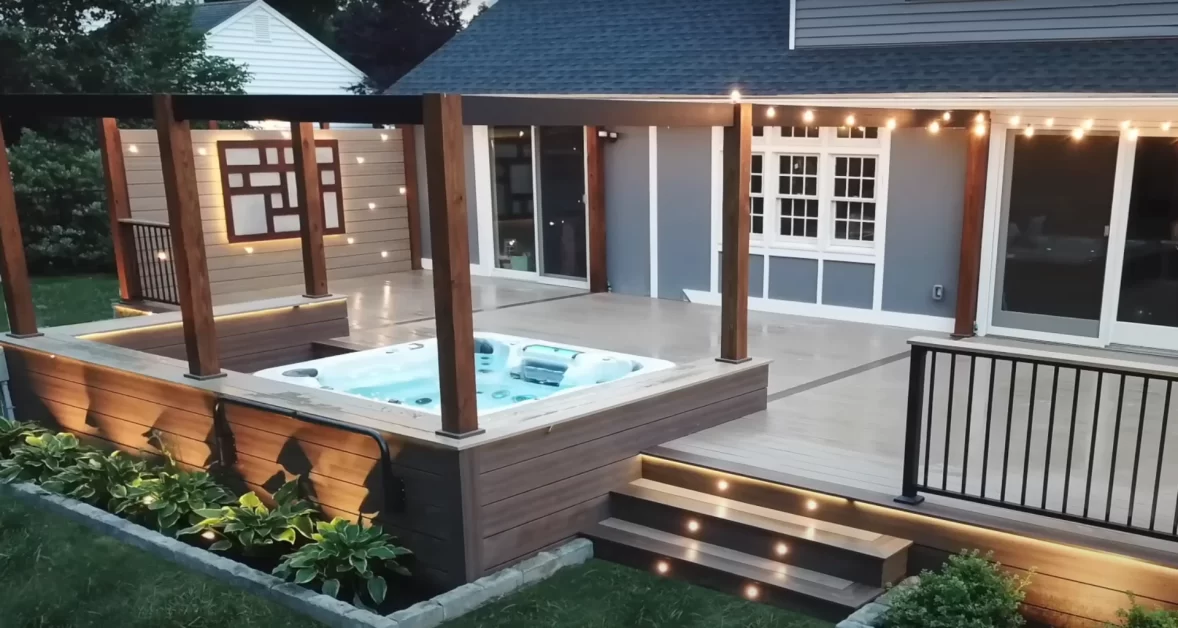
Jacuzzi Tub Models vs. Inflatable Tubs: Which One Is Right for You?
- Jacuzzi Tub Models: Great for permanent installations, higher durability, and features like powerful jets and built-in seating.
- Inflatable Tubs: Best for renters or those seeking temporary options, with the flexibility to set up and take down as needed, though less durable.

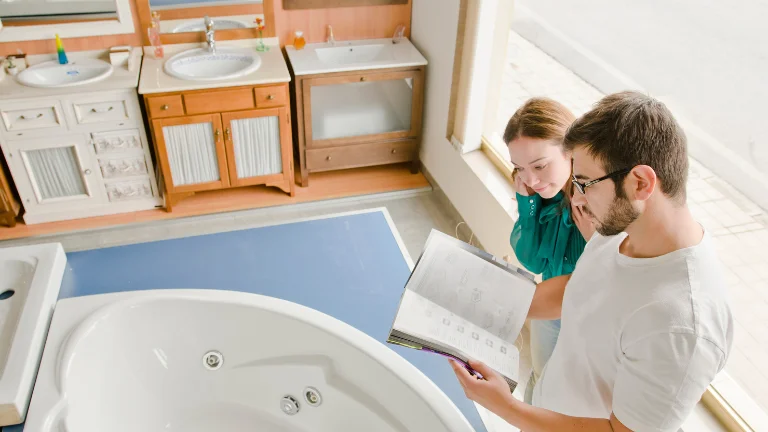





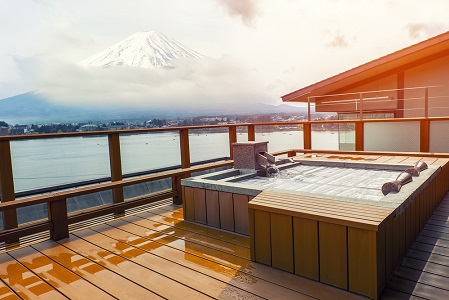
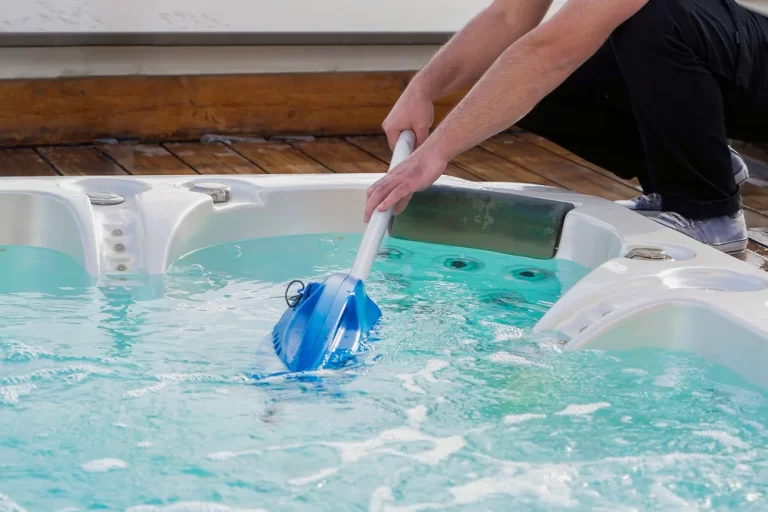
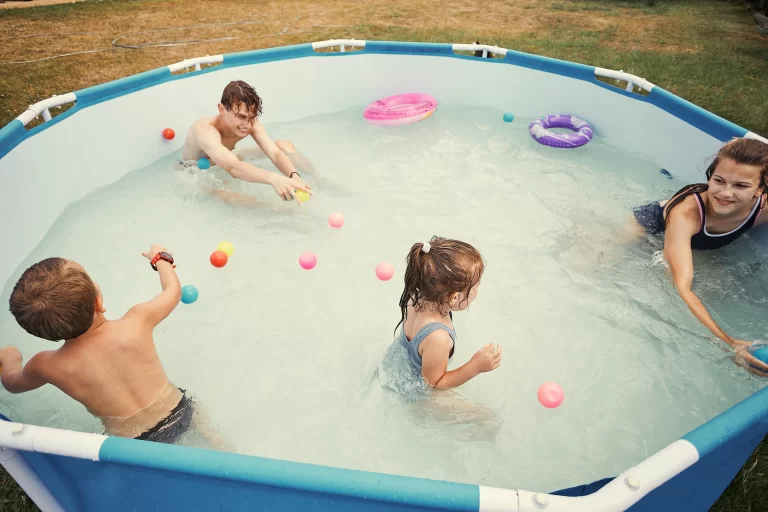


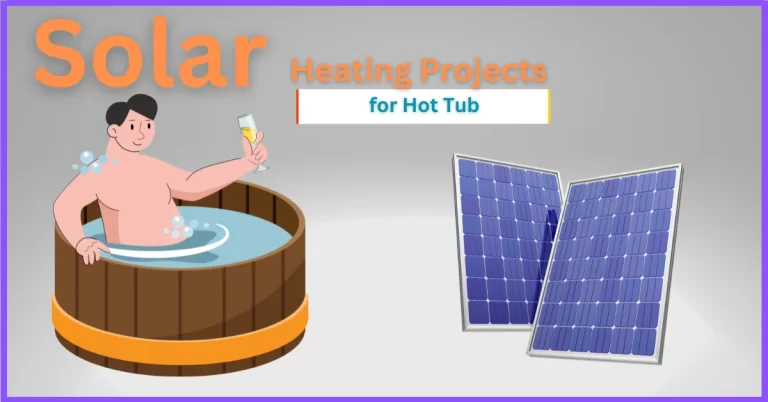
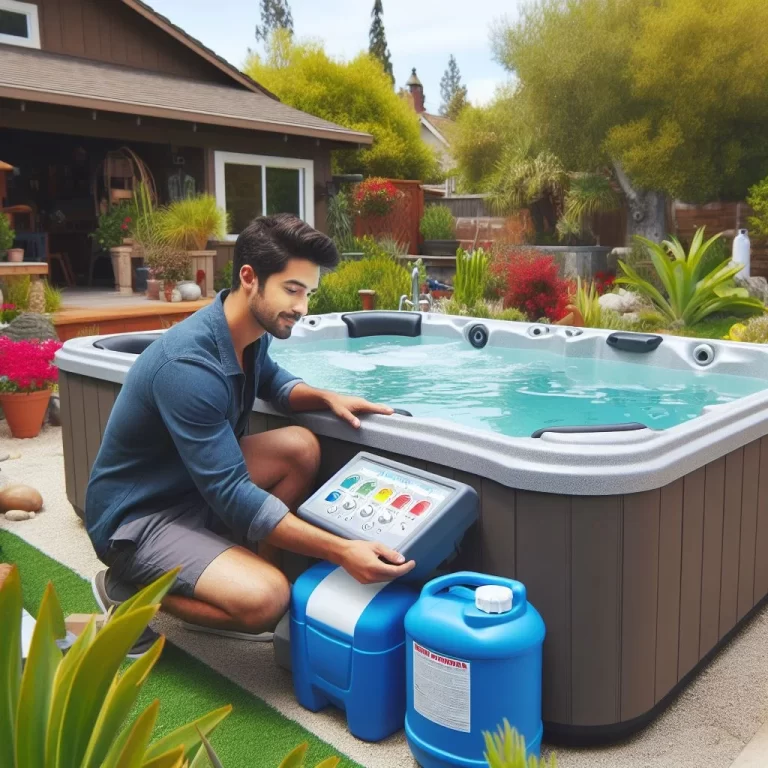
6 Comments